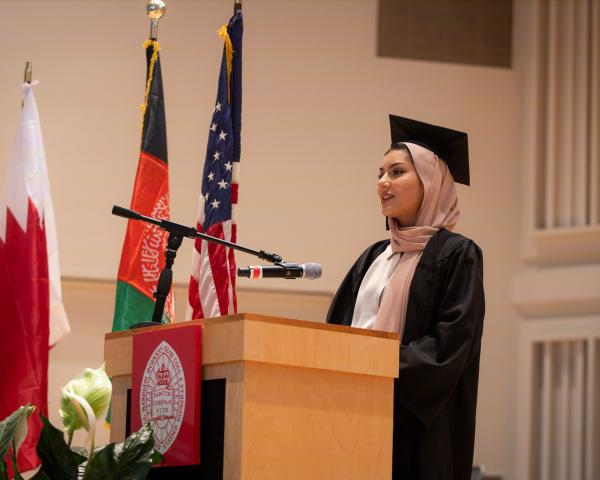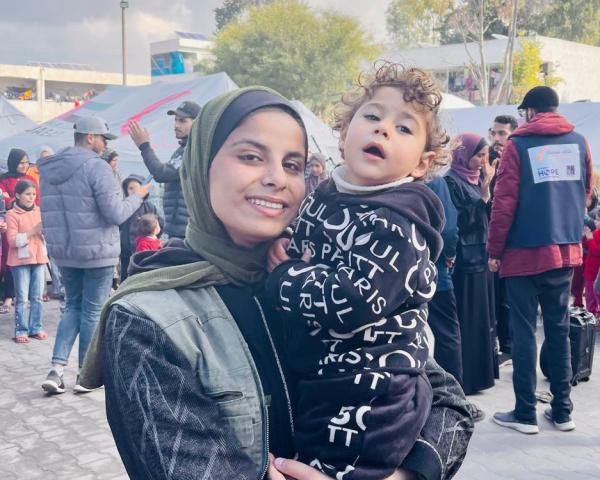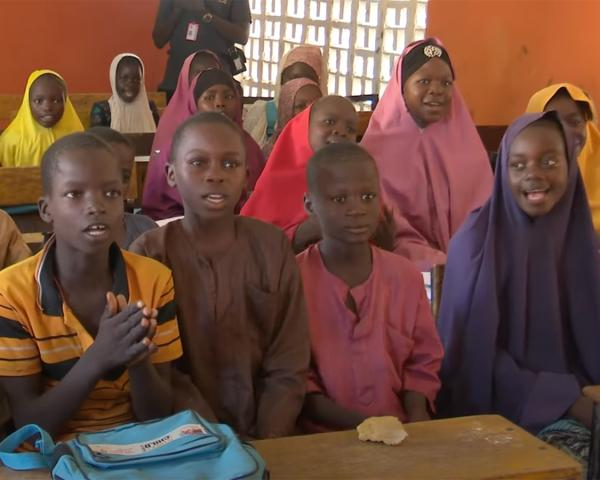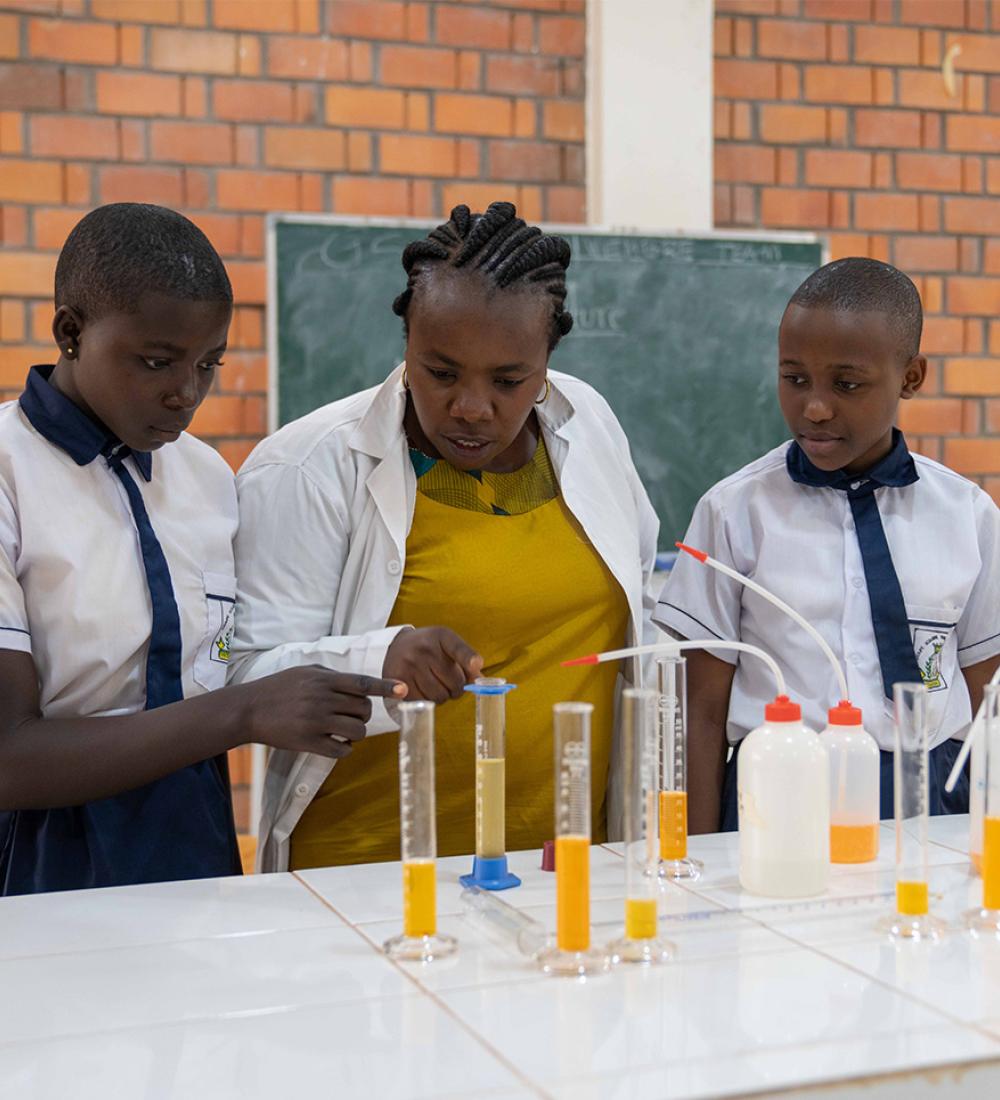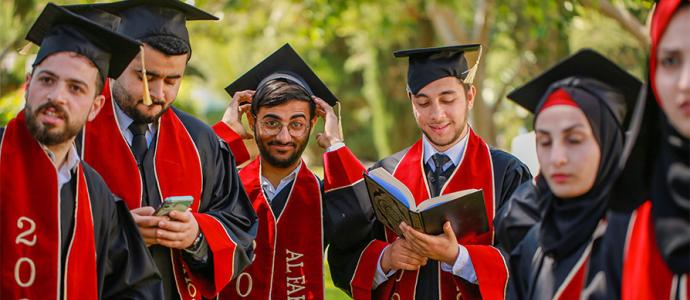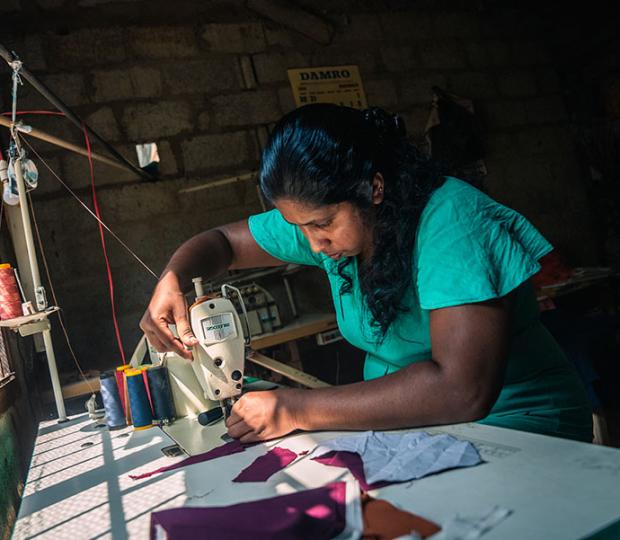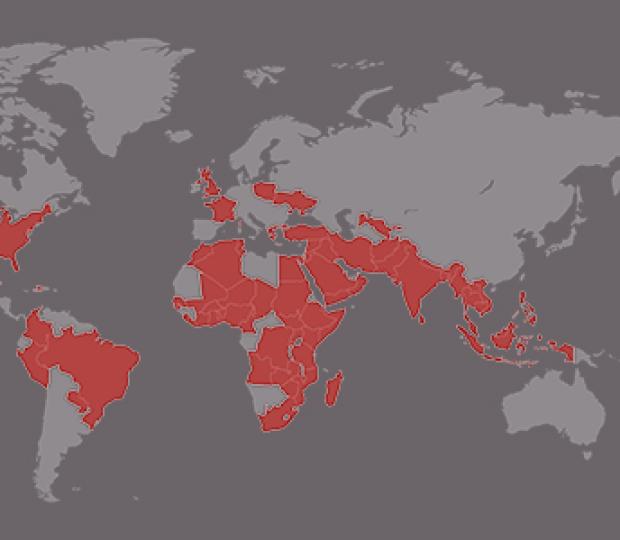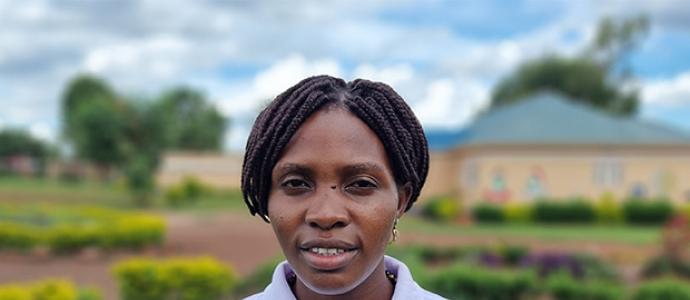Landmark Qatar Afghan Scholarship Project (QASP) Launches to Support Afghan Refugee Access to Higher Education
Education Above All, The Afghan Future Fund (AFF), Schmidt Futures, the Yalda Hakim Foundation, the Qatar Fund For Development (QFFD), Rockefeller Philanthropy Advisors, and the Institute of International Education (IIE) are proud to announce the launch of the Qatar Afghan Scholarship Project (QASP). QASP is welcoming its first cohort of 250 displaced Afghan students to U.S. colleges and universities for the 2022-2023 academic year.
Thanks to QASP, the students now have the opportunity to continue their studies on full scholarships at more than 40 colleges and universities in more than 17 states, including Rutgers University, Bard College, and the University of Texas at Austin, among others. The students will be coming to the U.S. from a number of countries where they were forced to seek refuge last year, including, northern Iraq, Kyrgyzstan, and Albania. They will be enrolled in degree programmes in the arts, business, sciences, humanities, and the social sciences.
The programme is particularly powerful considering the context, the scale of impact, and the focus on empowering female Afghan students. Two hundred and fifty Afghan students, split equally among women and men, are being welcomed to U.S. institutions to continue their education, grow their network, and explore new opportunities. It has been a year since these and other Afghan students left their home country, and QASP’s first cohort is just the beginning of this work. The project aims to welcome additional students in future academic terms.
According to the United Nations High Commissioner on Refugees, only 5 percent of refugees have access to higher education, far below the global average of approximately 40 percent. QASP is the embodiment of our commitment to UNHCR’s “15by30” target, which aims to ensure that 15% of young refugee women and men can access higher education by 2030.
This landmark scholarship combines the passion, resources, and networks of diverse global education advocates and organisations who are united in their commitment to give Afghan refugee students a chance to complete their higher education. The Qatar Fund for Development works to achieve inclusive and sustainable development through their Qatar Scholarship Programme. Education Above All has a long history of providing scholarships for some of the world’s most marginalised post-secondary students, as well as advocating for access to learning and education protection in times of conflict and unrest. The Afghan Future Fund, which began with a partnership between Schmidt Futures and the Yalda Hakim Foundation, has grown from its initial mission to provide safety and security to displaced Afghan students and has scaled to empower Afghan students to achieve their full potential. The Institute for International Education (IIE), which oversees multiple leading international scholarship programmes, as well as students and scholar rescue initiatives, will serve as the administrator of this scholarship programme, alongside ongoing support from the founding partners and U.S. institutions. Working across borders, the QASP partners demonstrate the power of collective action to create an effective, global initiative rooted in their mutual belief that access to education is essential and lifesaving.
As the crisis in Afghanistan continues to affect the lives of Afghan citizens daily, there remains an urgent need to support bright minds at scale, ensuring access to higher education is available to displaced students. Expanding access to education is more important today than ever. Increasing access to higher educational opportunities is critical to helping the next generation of Afghans prosper and rebuild after times of crisis. The QASP partners have made a commitment to ensure Afghan students maintain access to their education and the opportunity
“Schmidt Futures was honored to be a founding partner in the work to evacuate many Afghan students to safety, and we're grateful that the American University of Iraq - Sulaimani welcomed many of them to its campus last fall. A year later, we’re proud of how what started as an emergency humanitarian effort has scaled into the largest, single-country scholarship program for displaced students in the world,” said Eric Braverman, CEO of Schmidt Futures. “Schmidt Futures is proud to stand with our QASP partners, who have leveraged their skills, resources, and determination to create a global initiative rooted in our mutual belief that access to education is essential and lifesaving. Now these students will have further opportunities to continue receiving a world-class education at the best U.S. colleges and universities.”
EAA Programme Director Talal al-Hothal added, “Ensuring that that young people, including the youth of Afghanistan, are able to continue their education despite all challenges is a top priority for us at EAA, because education is the key to ensuring a stable and thriving future. We look forward to continued work with our partners on finding pathways to higher education for the most marginalized students.”
“The Qatar Afghan Scholarship Project exemplifies how partners from higher education, government and philanthropy can work together to provide displaced young people with new futures,” said Dr. Allan Goodman, CEO of the Institute of International Education. “Supporting higher education in emergencies is an essential component of humanitarian aid. If every institution could take even one displaced student, scholar, or person, we could all help prevent a lost generation.”
“Afghan Future Fund was established just over a year ago in order to provide a horizon of hope for Afghanistan’s most talented citizens, whose lives were suddenly upended by the Taliban takeover,” said Vance Serchuk, chairman of the board of the Afghan Future Fund. “Even as Afghanistan has receded from the headlines, the creation of this extraordinary scholarship program — the largest of its kind for refugee and displaced students — sends an unmistakable message that Afghans are not forgotten. These scholarships are an inspiring testament to the power of partnership, as a remarkably diverse array of organizations, governments and individuals across multiple countries have worked together tirelessly over the last 12 months — united only by a shared belief in the importance of education, the potential of these students, and our determination to provide them with the chance to pursue their dreams.”
Khalifa bin Jassem Al-Kuwari, Director General of QFFD added, “This program is one of many programs that we are either implement or finish in the education sector to support the Afghan people. An educated society is key to the successful future of Any country; it underpins all other areas of development. This project will support the Afghan students now and builds a foundation for greater prosperity of the country in the years to come.”
To learn more about QASP, our students, the partners and host institutions, visit https://qasp.info.
Media Contacts:
- For general inquires or inquiries regarding the Institute of International Education, please contact press@iie.org
- For Schmidt Futures related media inquiries, please contact jbrady@schmidtfutures.com
- For Education Above All related inquiries, please contract cwalsh@eaa.org.qa






